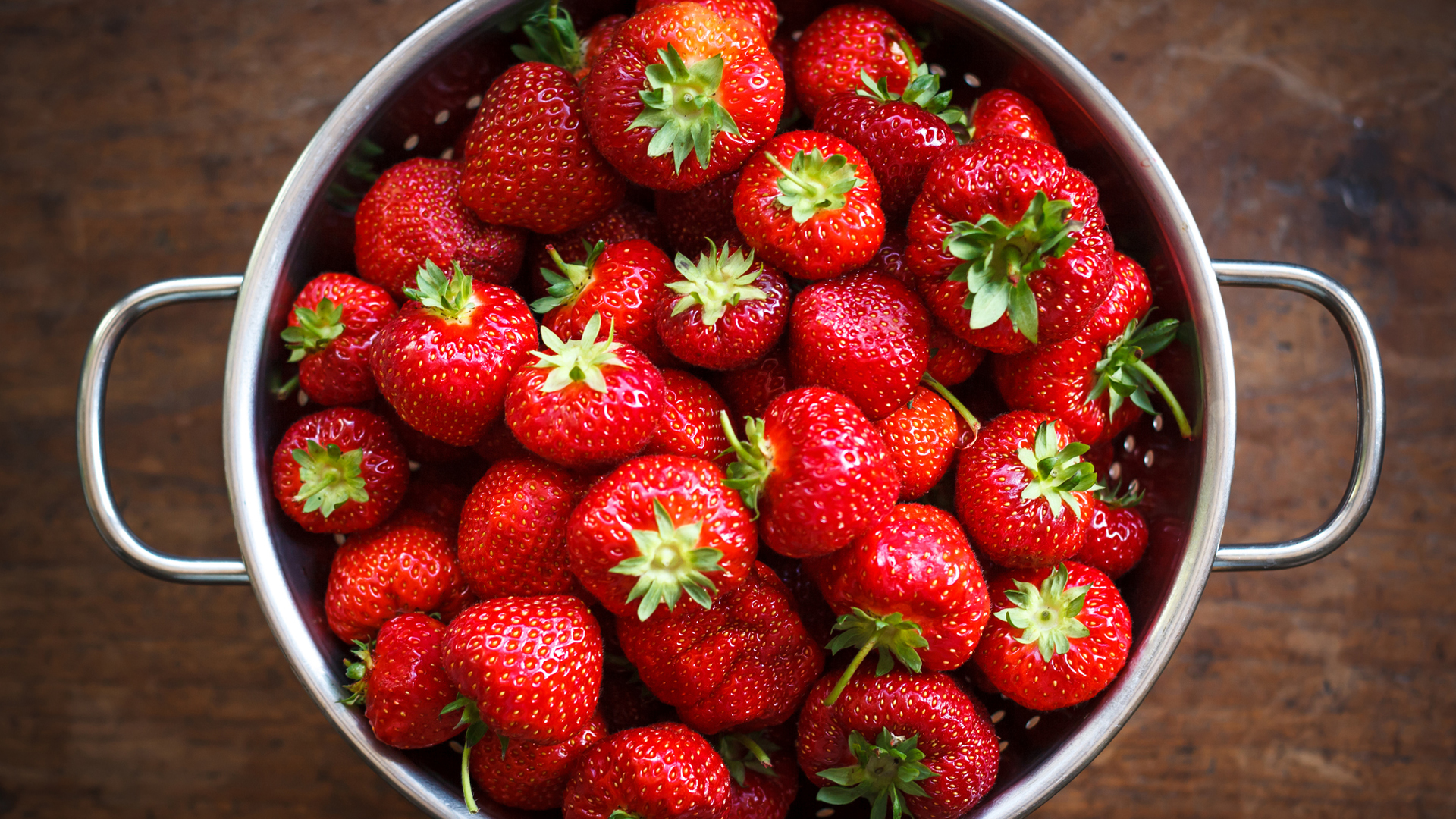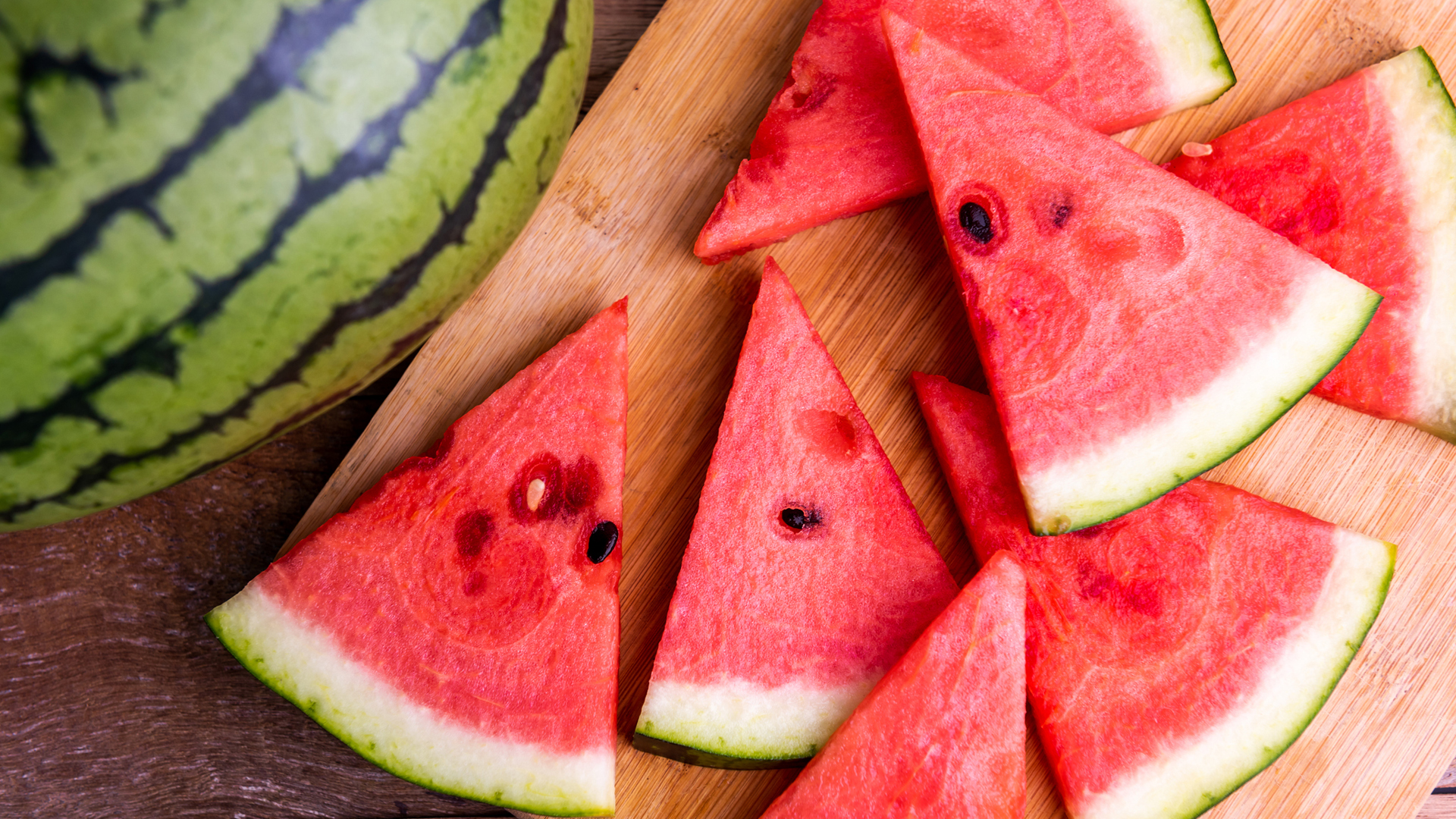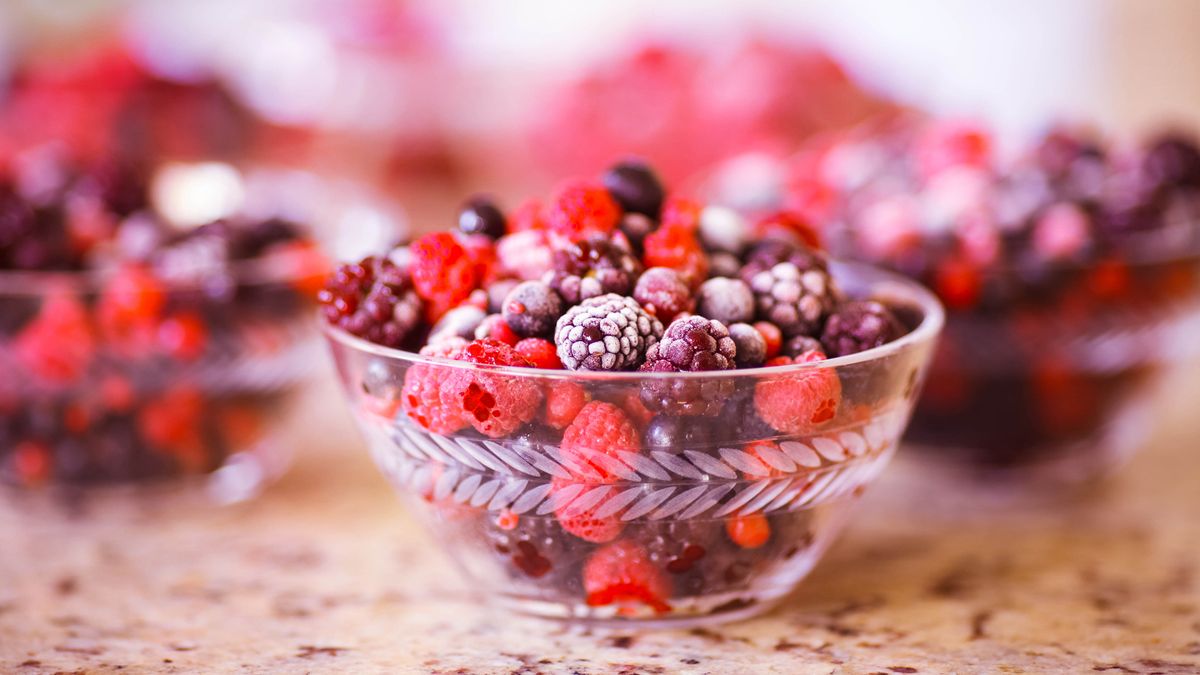Eating fruit is an integral part of a healthy lifestyle. However, with low-carb diets becoming more popular, you may be wondering what fruits you can eat on keto. They may be packed with vitamins, minerals, and essential compounds with strong health benefits, but fruits are also high in sugar.
The main objective of a ketogenic diet is to reduce the intake of carbohydrates to the absolute minimum, to achieve and maintain the state of ketosis. This is a metabolic state that can potentially help with weight loss and improve blood sugar levels.
Sound like an impossible task? Not necessarily. With the right choices, you can get the health benefits of eating fruit without overloading on carbs and jeopardizing your health and fitness goals. Here, we’ll discuss which fruits contain the least amount of carbohydrates to help you stick to your ketogenic diet.
1. Avocados
With a rich, creamy consistency and subtle flavor, avocados can be easily added to salads, pureed on toast, or mixed with guacamole. They have a high nutritional value, including an exceptionally low sugar content. A half cup of sliced avocado provides over 10g of fat and less than 3g of carbs, making it a perfect addition to your keto meal plan.
Avocados are rich in prebiotic fiber, potassium and healthy unsaturated fats. According to a review published in the nutrients (opens in a new tab) journal, regular consumption of this creamy fruit may help reduce the risk of developing cardiovascular disease, improve cognitive function in certain individuals, and contribute to better gut health in overweight or obese adults.
Great swap for: Bananas
2. Blackberries
If you want to keep your sugar intake low, but don’t want to miss out on the essential nutrients that abundant fruit provides, look no further than berries. There are many types that cater to the strict requirements of a ketogenic diet, but potentially the best ones to choose are blackberries. A half cup of these slightly tart black fruits provides just 3 g of carbohydrates and nearly 4 g of dietary fiber.
Blackberries are also a great source of potassium, vitamin C, vitamin K and many different antioxidants. multiple studies (opens in a new tab) have shown that regular consumption of these fruits can help protect against cancer, age-related neurodegenerative diseases and bone loss.
Great swap for: Grapes or pomegranates.
3. Raspberries
One cup of these berries provides 8 g of dietary fiber and more than 50% of the daily value of vitamin C, but has less than 7 g of carbohydrates. Raspberries are also rich in highly bioactive compounds that may provide health benefits. According to a review published in the Advances in Nutrition (opens in a new tab) magazine, regular consumption of these could be an effective tool to combat obesity, cardiovascular diseases and type 2 diabetes.
Great swap for: Grapes, cherries, and pomegranates.
4. strawberries
Although relatively higher in carbohydrates than their berry counterparts, these red fruits can still be enjoyed on a ketogenic diet. One cup of strawberries contains more than 3 g of dietary fiber and about 9 g of carbohydrates, while also providing a large dose of micronutrients such as iron, copper, magnesium, vitamin C, vitamin K, and potassium.
According to a comprehensive review published in the Critical Reviews in Food Science and Nutrition (opens in a new tab)a high consumption of strawberries can help reduce systemic stress inflammation and blood sugar levels.
Great swap for: Grapes, cherries, and pomegranates.

5. Blueberries
Blueberries are arguably the most sugary of the berry family, but since they’re also one of the healthiest, it’s a good idea not to cut them out of your keto meal plan. One-half cup contains nearly 9 g of carbohydrates, so they’re best enjoyed in moderation if you want to keep sugar intake low.
Having said that, blueberries are a nutritional powerhouse and contain many essential micronutrients including vitamin C, vitamin K and manganese. But it is their high level of phytonutrients that makes them exceptional. Multiple studies (opens in a new tab) have shown that these compounds have strong antioxidant and anti-inflammatory properties that can help prevent obesity, type 2 diabetes, and cardiovascular disease, as well as improve gut health and potentially slow the aging process.
Great swap for: Grapes, cherries, and pomegranates.
6. rhubarb
This fruit is a great option if you want to keep your carbohydrate intake low. One cup of diced rhubarb contains as little as 4 g of carbohydrates, while providing nearly 2 g of dietary fiber and a significant amount of vitamin C and vitamin A.
Additionally, researchers have begun to explore the potential health benefits of rhubarb’s highly bioactive compound called emodin. According to a recently published review in the International Journal of Molecular Sciences (opens in a new tab)Rhubarb emodin exhibits strong diuretic, antibacterial, antiulcer, anti-inflammatory, anticancer, antimalarial, and antiallergic properties.
Great swap for: Apples, prunes, and grapes.
7. watermelon
Refreshing watermelon It is one of the best snacks for hot days. The fruit is also a good addition to ketogenic diets as it is relatively low in sugar and provides great nutritional value.
One cup of diced watermelon contains about 12 g of carbohydrates and a host of essential micronutrients, including vitamin C, potassium, copper, and Vitamin A. If eaten regularly, these berries can be beneficial to our cardiovascular health and fitness. As described in a recently published review in the Current Atherosclerosis Reports (opens in a new tab)Watermelons contain relatively high levels of compounds called L-citrulline and L-arginine, which have been shown to lower blood pressure and improve blood flow.
Great swap for: melons and mangoes.

8. kiwi
Most exotic fruits contain a significant amount of carbohydrates, making them difficult to include in a ketogenic diet. Fortunately, there is one exception: the kiwi. One of these fruits provides around 7g of carbohydrates, as well as an important part of fiber, vitamin C, phosphorus and potassium. emerging evidence (opens in a new tab) suggests that kiwis may protect against cancers, particularly those found in the lower gastrointestinal tract.
Great trade for: Mangoes, melons, pineapples.
9. Tomatoes
With just 3.3 g of carbs in a medium-sized tomato, these red berries can help you control your sugar intake. But that’s not the only thing that makes tomatoes a nutritious staple: they also contain significant amounts of beta carotenevitamin E, vitamin C, vitamin K and folic acid.
Tomatoes have also drawn attention for their high antioxidant content, especially lycopene. According to a recently published review in the Food Chemistry (opens in a new tab) Journal, lycopene has been shown to protect against death from heart disease, stroke, and cancers such as prostate and stomach cancers.
Fruits to avoid on keto
cherries
Many fruits contain significant amounts of sugars, and cherries are no exception. While tasty and nutritious, just half a cup of these berries provides more than 10g of carbohydrates.
peaches and nectarines
Peaches and nectarines will be difficult to fit into a ketogenic diet. A medium fruit contains about 13 g of carbohydrates.
apples and pears
Apples and pears can work great with your morning bowl of oatmeal, but if you’re following a ketogenic diet, you may need to switch to other fruits. A medium apple contains approximately 23 g of carbohydrates, while a medium pear would provide almost 20 g of this macronutrient.
Oranges, mangoes, pineapples and bananas
Exotic fruits are notorious for their high sugar content. For example, a medium banana or a cup of chopped mangoes can provide up to 26 g of carbohydrates, while just two slices of pineapple will contain more than 12 g of this macronutrient. Watch out for oranges too: a medium fruit can have up to 15g of carbs.
Grapes
It’s challenging to add grapes to a ketogenic diet, so it’s best to avoid them altogether. One cup of these can easily provide more than 25g of carbohydrates.
